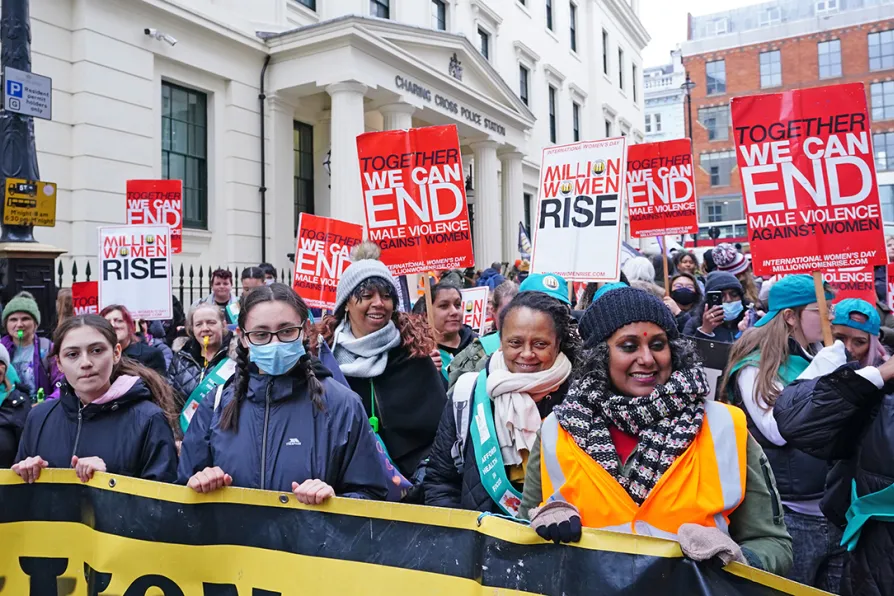Parliament hears the names of more than 120 women killed in Britain over the past year
Labour MPs Jess Phillips, Abena Oppong-Asare and Apsana Begum mark International Women’s Day in the Commons

 People take part in a Million Women Rise march outside Charing Cross Police Station in central London, ahead of International Women's Day
People take part in a Million Women Rise march outside Charing Cross Police Station in central London, ahead of International Women's Day
LABOUR MP Jess Phillips read out the names of more than 120 women killed in Britain over the past year during today’s Commons debate to mark International Women’s Day.
“The list is painfully long but in reality the list is much longer,” the MP for Birmingham Yardley said.
“We can make it shorter, let’s act faster.”
Similar stories

With most of recorded history dominated by the voices of men, LYNNE WALSH encourages sisters to read the memoirs of women – and to write their own too

Persistent inequality for women shows we still have a long way to go, but Wales TUC leader SHAVANAH TAJ is confident we can build a fairer country when we work together

The failure of international institutions, from the UN to the ICC, to hold the Taliban accountable for the brutal repression of women creates a climate of tolerance for daily crimes by the patriarchal regime, writes SHUKRIA RAHIMI











